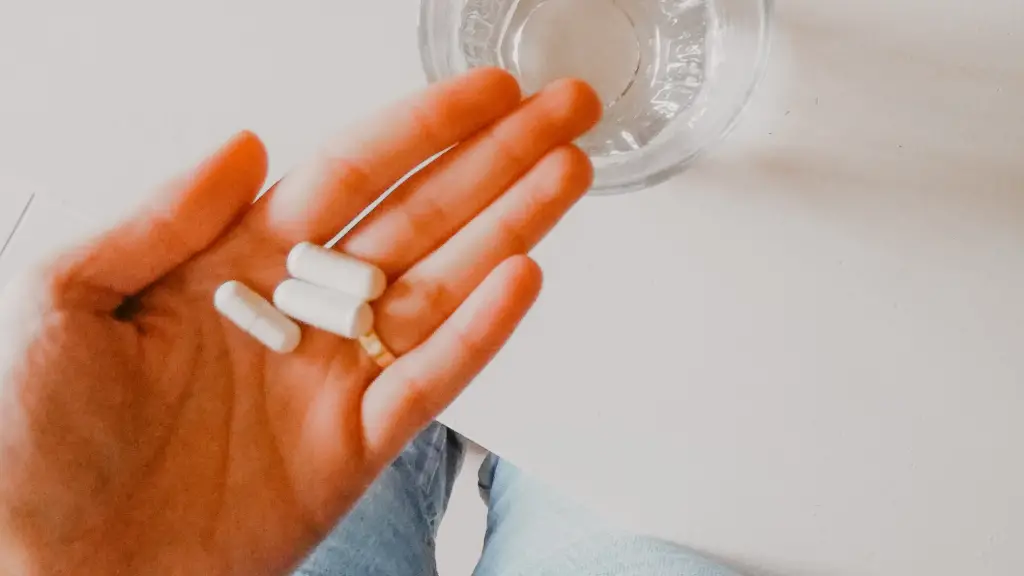Magnesium (Mg) is one of the key elements that form the structure of the human body. Our body contains 25 grams of magnesium, most of which is present in our bones and teeth, and strengthens them.
This element is an electrolyte plays a key role in the functioning of multiple bodily processes and is vital for mental health. The more active you are, the more magnesium you need.
Here we explain why you need magensium, the dangers of not getting enough, and what to eat on a carnivore diet to ensure you always get your daily requirement of magnesium and maintain optimal health.
TABLE OF CONTENTS
Why do You Need Magnesium?
Magnesium is needed to maintain the vital functions of your body. For example:
- It supports the muscles and helps in their buildup and growth.
- It supports normal nerve function.
- It plays its part in maintaining glucose levels.
- It supports a lot of chemical reactions in the body, including protein synthesis and energy generation.
- It maintains a normal heart rhythm.
- It helps in the production of our genetic machinery, including DNA and RNA.
Dangers of Magnesium Deficiency

Magnesium deficiency can disrupt your body, from the muscles to nerves. Weakness, numbness, loss of appetite, nausea, vomiting, and many neuronal and cardiac problems result from magnesium deficiency. You can also get muscle twitching, cramping, palpitations, and constipation.
The recommended dietary allowed (RDA) of magnesium for an average male is 400 to 420 mg per day, and for a female, these values are slightly lower at 300 to 320 mg per day. The amount of magnesium needed by your body depends on your activity level too. The more you are active, the more magnesium you need.
How to Get Magnesium on a Carnivore Diet
Many people think the carnivore diet lacks foods that contain magnesium, but RDA of magnesium can be easily met by carefully choosing your meals.
Here are some tips to get enough magnesium on the carnivore diet.
Eat Various Animal-based Foods
Meat alone is not sufficient to meet the daily bodily needs for magnesium. Therefore, to get enough magnesium, your diet should contain a combination of meat, fish, eggs, and dairy products.
For example, reducing the number of meats like chicken that you eat, and replacing them with fish is beneficial for maintaining adequate magnesium levels.
As fatty fish is an excellent source of magnesium, it should be included in the diet. Three ounces of farmed and cooked salmon contains 26 mg of magnesium, roughly 6% of the daily requirement. Similarly, 3 ounces of cooked halibut also gives 24 mg. Atlantic mackerel and Atlantic pollock are also good dietary sources of magnesium.
Add Organ Meat Add Milk
A serving of 100g of beef muscle meat contains roughly 21mg of magnesium, which is insufficient to meet RDA. Beef liver is an excellent source of magnseium though, with 100 mg of beef liver containing 14 to 25mg of magnesium, which is sufficient for all your bodily needs.
As it’s not advised to eat organ meat more than twice a week, you can add milk and other dairy products to your diet. 100g of milk contains 11mg of magnesium, and 8 ounces of yogurt contains 42mg of magnesium. Eating yogurt on the carnivore diet will help you meet other micronutrient needs too.
Bones are rich in minerals like calcium, phosphorus, sodium and magnesium. That’s why bone broth on the carnivore diet is a great addition. A cup of bone broth roughly contains 15 to 20 mg of magnesium and can be added to your daily diet plan.
Take a Magnesium Supplement
Apart from natural sources of magnesium, you can start on a magnesium supplement.
Although a seasonal ancestral diet of whole foods will give you more easily-absorbed magnesium, sometimes a deficiency is best treated with a supplement at first. These will also help you when you’re unable to eat an ideal diet, such as when you’re travelling.
Key Takeaways
To summarize, a proper combination of carnivore foods can prevent the adverse effects of magnesium deficiency. An intake of of 9 to 10 ounces of chicken, beef, and fish with bone broth and other organ and dairy products is more than sufficient to meet the RDA of magnesium.
If you feel that you can’t meet your daily magnesium demand through your daily diet and are facing problems due to its deficiency, then you can also take magnesium supplements.









Leave a Reply